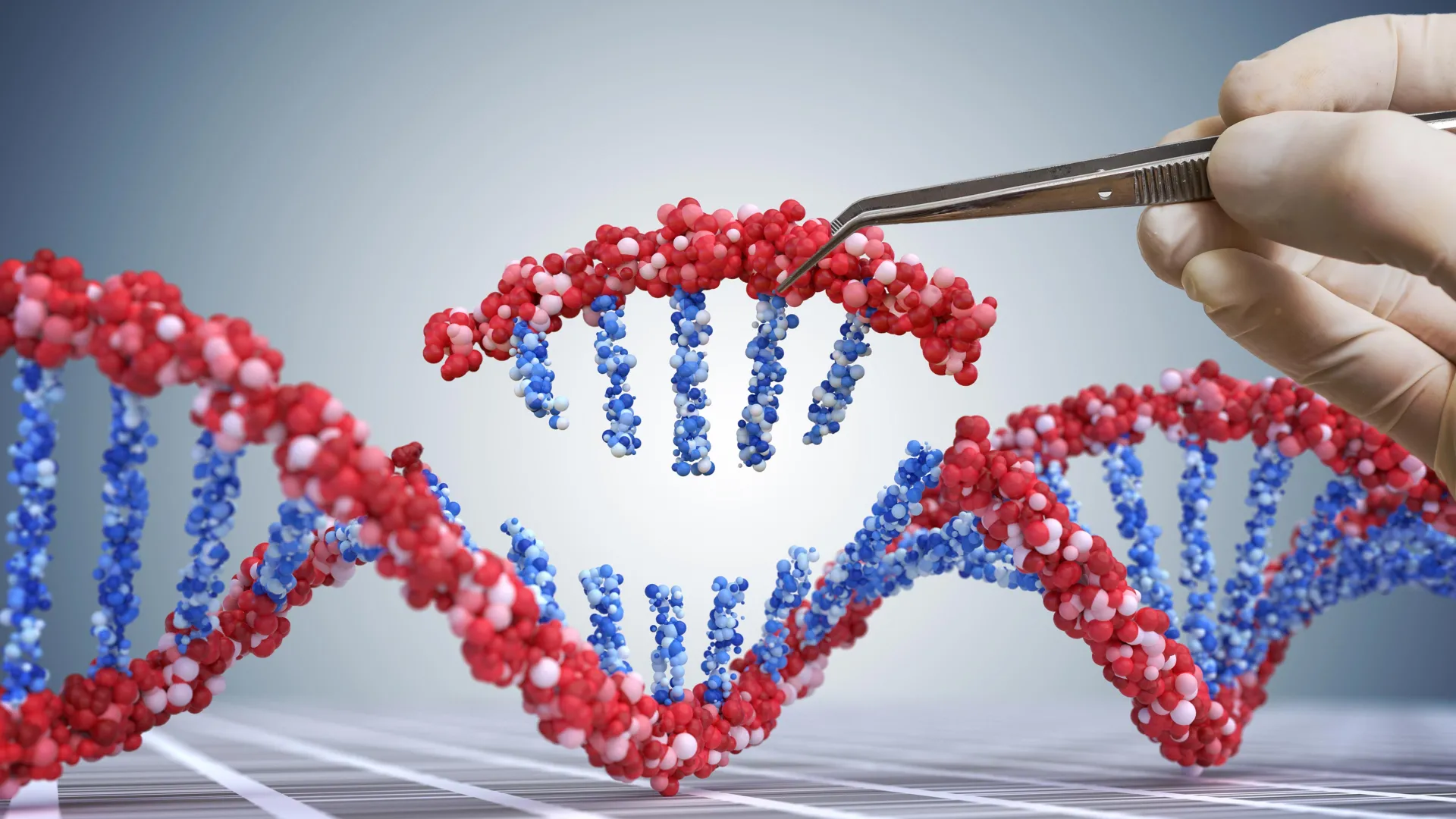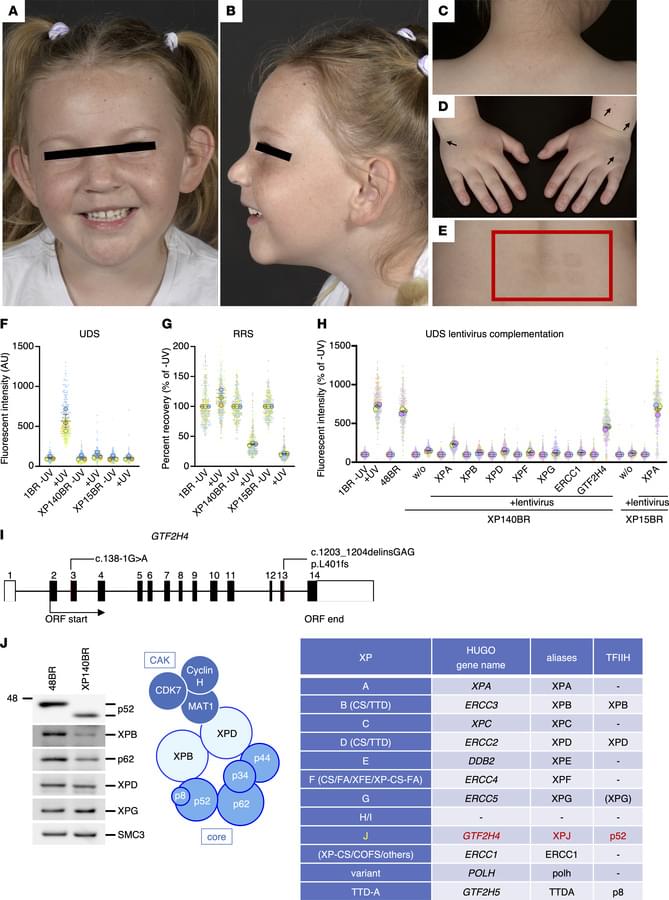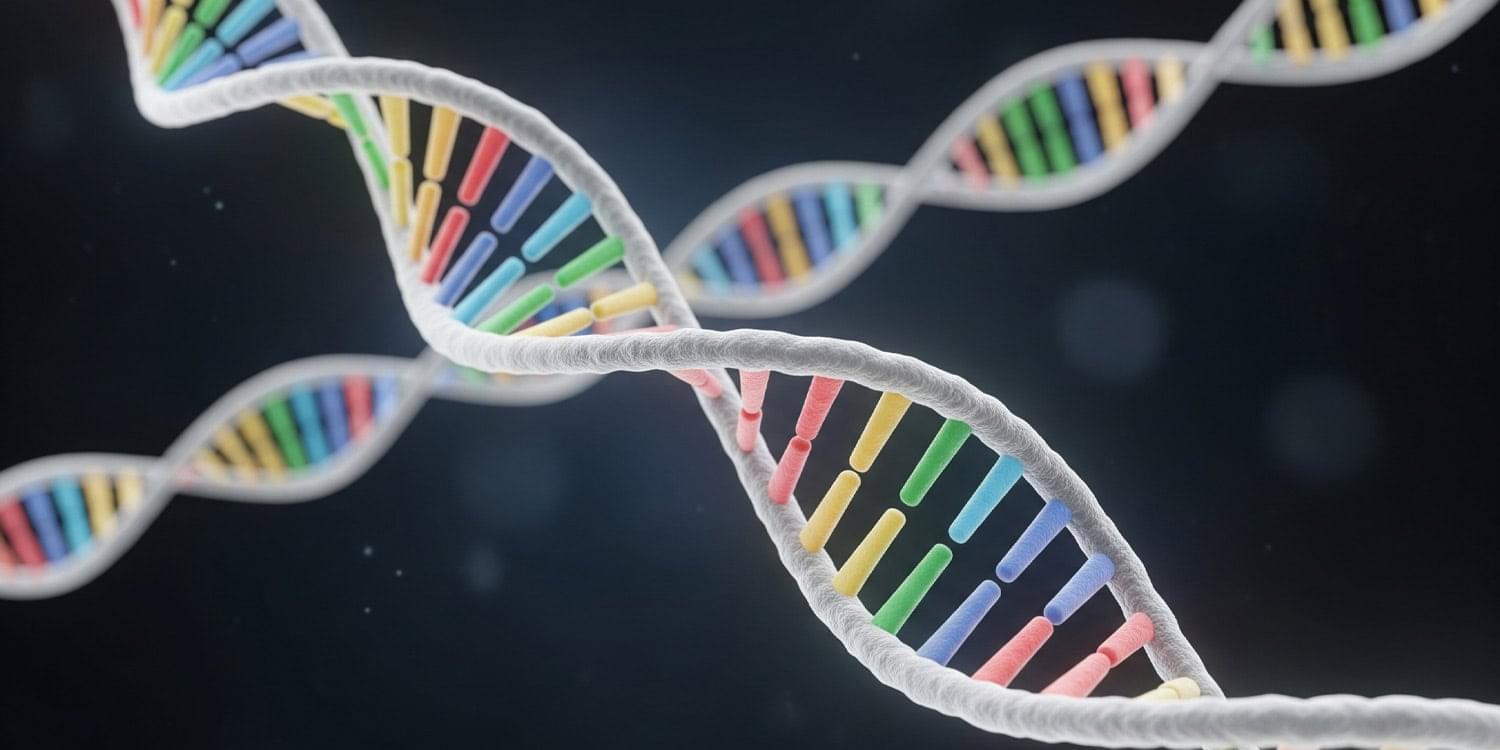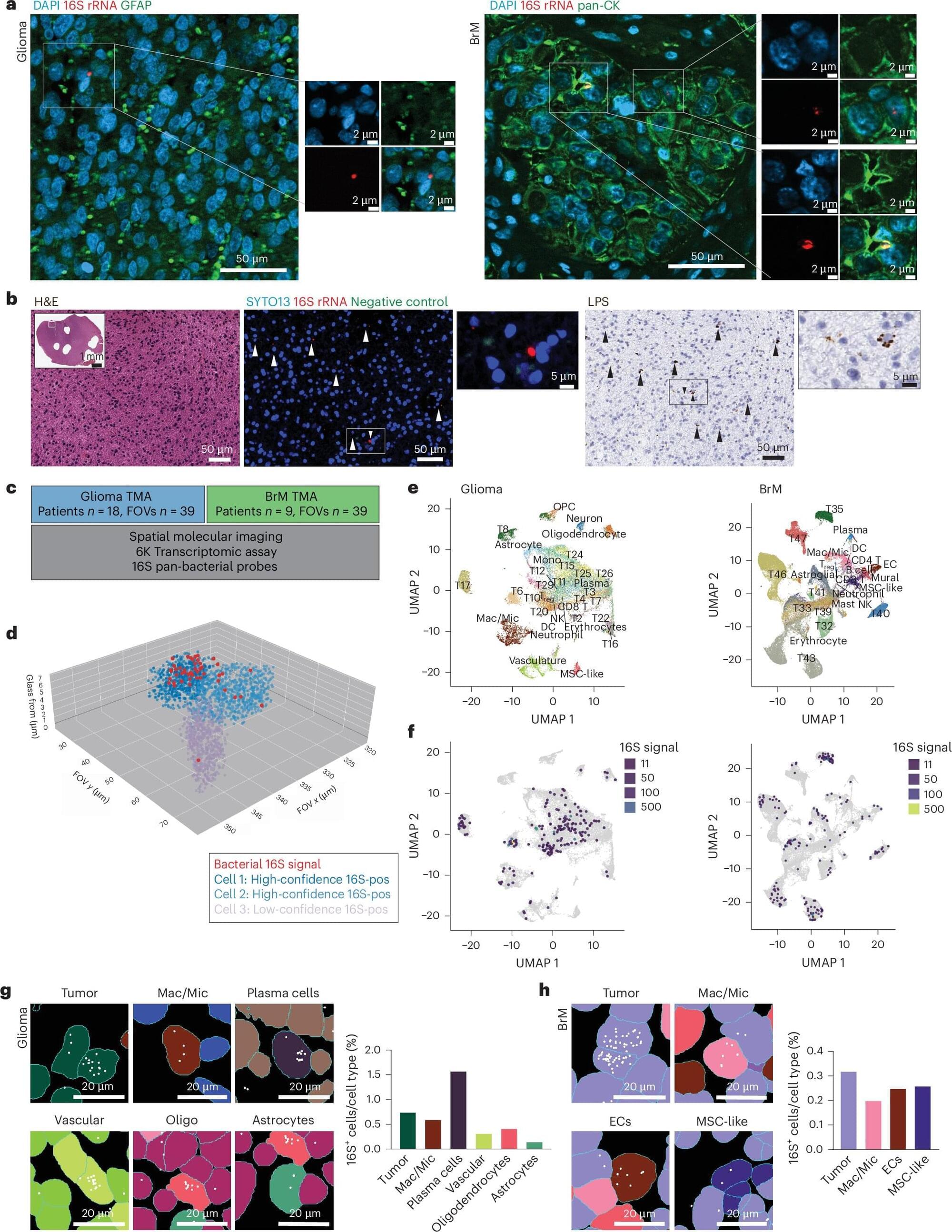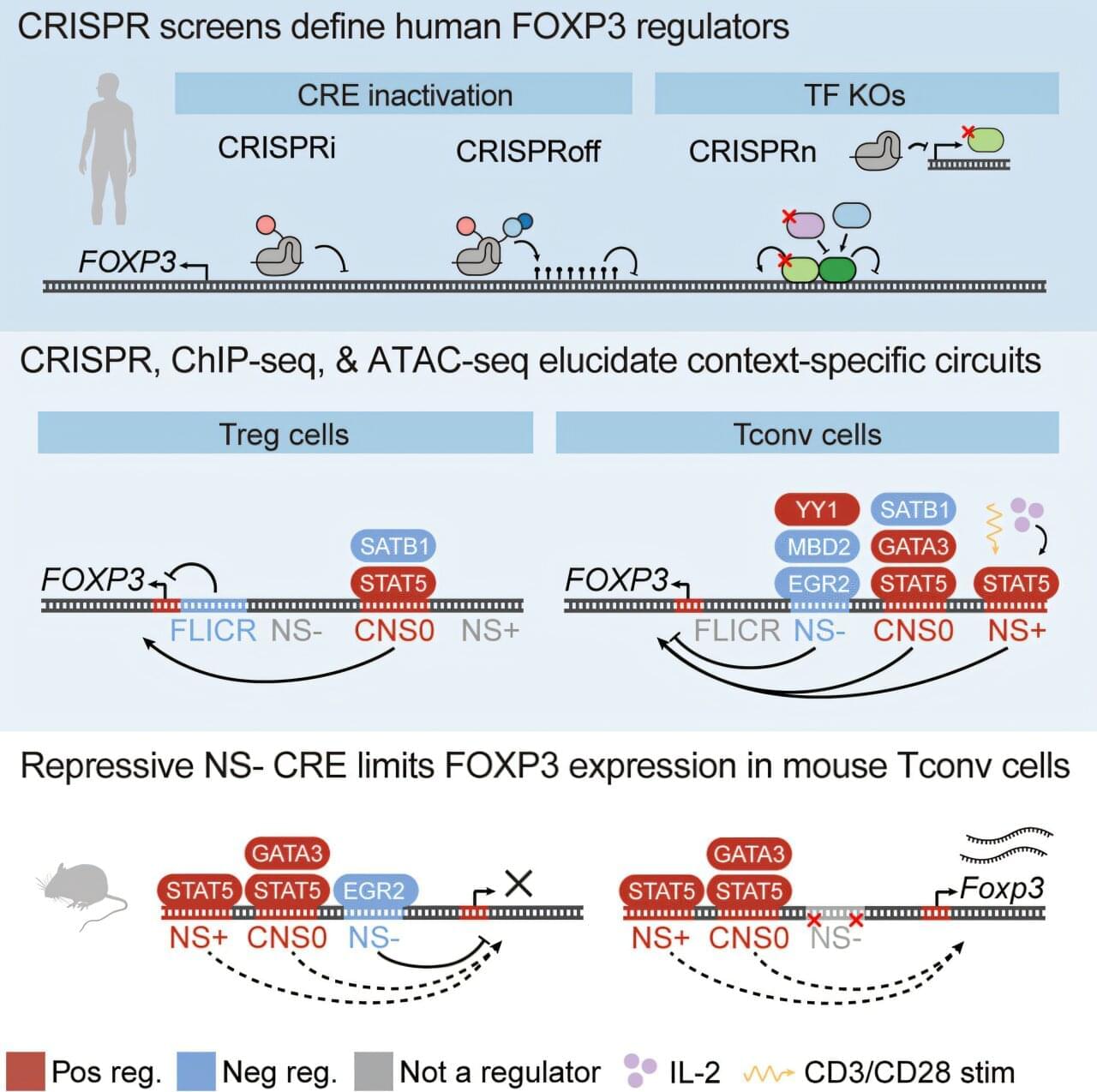Fibromyalgia is a syndrome characterized by chronic widespread musculoskeletal pain, which may or may not be associated with muscle or joint stiffness, accompanied by other symptoms such as fatigue, sleep disturbances, anxiety, and depression. It is a highly prevalent condition globally, being considered the third most common musculoskeletal disorder, following lower back pain and osteoarthritis. It is more prevalent in women than in men, and although it can occur at any age, it is more common between the ages of thirty and thirty-five. Although the pathophysiology and etiopathogenesis remain largely unknown, three underlying processes in fibromyalgia have been investigated. These include central sensitization, associated with an increase in the release of both excitatory and inhibitory neurotransmitters; peripheral sensitization, involving alterations in peripheral nociceptor signaling; and inflammatory and immune mechanisms that develop concurrently with the aforementioned processes. Furthermore, it has been determined that genetic, endocrine, psychological, and sleep disorders may influence the development of this pathology. The accurate diagnosis of fibromyalgia remains challenging as it lacks specific diagnostic biomarkers, which are still under investigation. Nonetheless, diagnostic approaches to the condition have evolved based on the use of scales and questionnaires for pain identification. The complexity associated with this pathology makes it difficult to establish a single effective treatment. Therefore, treatment is multidisciplinary, involving both pharmacological and non-pharmacological interventions aimed at alleviating symptoms. The non-pharmacological treatments outlined in this review are primarily related to physiotherapy interventions. The effectiveness of physical exercise, both on land and in water, as well as the application of electrotherapy combined with transcranial therapy and manual therapy has been highlighted. All of these interventions aim to improve the quality of life of patients highly affected by fibromyalgia.

